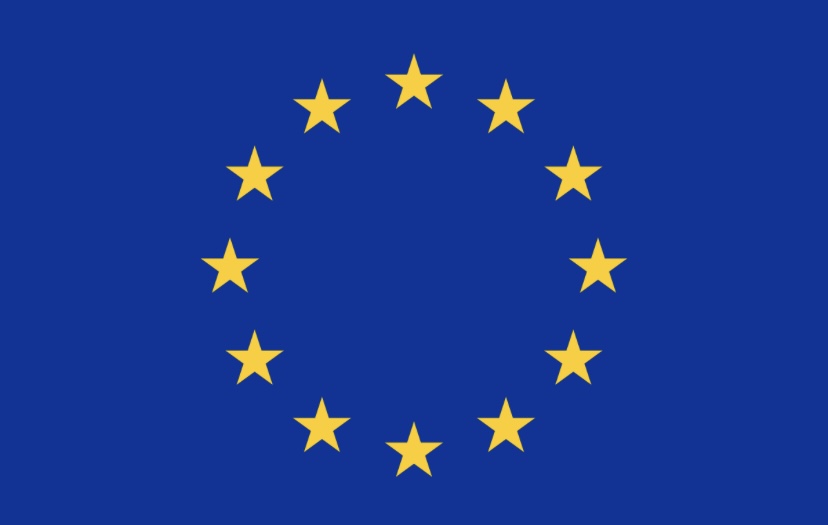Physical Address
60 Ekwema Cres, Layout 460281, Imo
Physical Address
60 Ekwema Cres, Layout 460281, Imo

Kenya has signed a trade deal with the European Union (EU). This deal will increase the flow of goods and services between the two countries. Also, the deal ends a clash with neighboring East African Community (EAC) partners who previously refused a joint deal.

The Economic Partnership Agreement (EPA) will grant Kenyan traders duty-free and quota-free access to the biggest European market. The European Union stressed that total trade with Kenya peaked at $3.5 billion in 2022, representing a 27% jump from 2018.
Additionally, the deal benefits Europe, as European goods will receive progressive tariff reductions. Kenya will gradually lower tariffs on imports from the EU within the next 25 years. This will also serve to motivate European companies to set up in the country.
The European Parliament stressed that the agreement includes binding and enforcement provisions on international standards and labor agreements. Also, it considers gender equality, climate, and the environment. The parliament emphasized that the agreement prevents both countries from lowering labor and environmental standards.
The agreement is the first trade deal the EU has had with an African country since 2016. The Kenyan President, Mr. William Ruto marked the deal as a historic partnership that will transform the Kenyan markets.
He said at an event in Nairobi, “Although today represents a moment of monumental promise, it is also the beginning of a historic partnership for historic transformation.”
Also, he emphasized that the root of the arrangement is for people to earn substantial money that can elevate their standard of living.
The partnership seems to benefit both sides and it would be a greater deal if other East African nations join the agreement. It will build the economic resilience of the countries and offer exposure to different trends in the countries.
EU chief von der Leyen, who also attended the event in Nairobi, said, “We are opening a new chapter in our very strong relationship. Now our effort should be focused on implementation, as this is the most ambitious economic partnership the EU has with a developing country.”
The EU imports $1.28 billion of goods from Kenya, including cut flowers, vegetables, and fruits. Kenya is one of the biggest producers of flowers sold in Europe. On the other hand, the east African country imports mostly heavy machinery and minerals estimated to be worth $2.1 billion.
The deal’s approval comes seven years after the implementation of the EU-East African Community pact was delayed. While Kenya approved and lobbied for the agreement, other EAC countries rejected it for fear of cheap European goods flooding their markets.
Interact with us via our social media platforms:
Facebook: Silicon Africa
Instagram: Siliconafricatech
Twitter: @siliconafritech